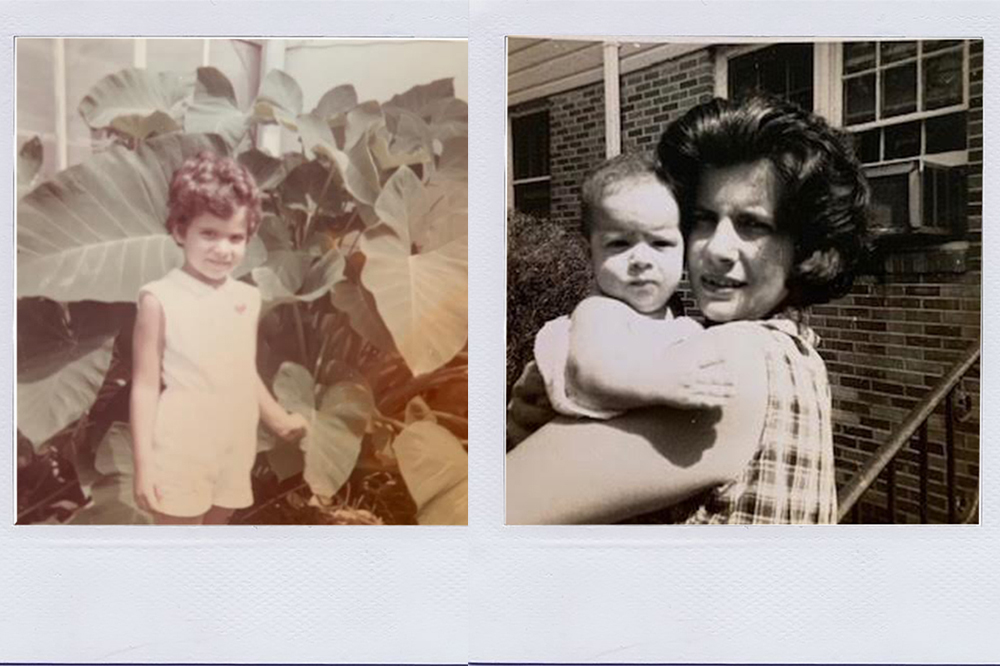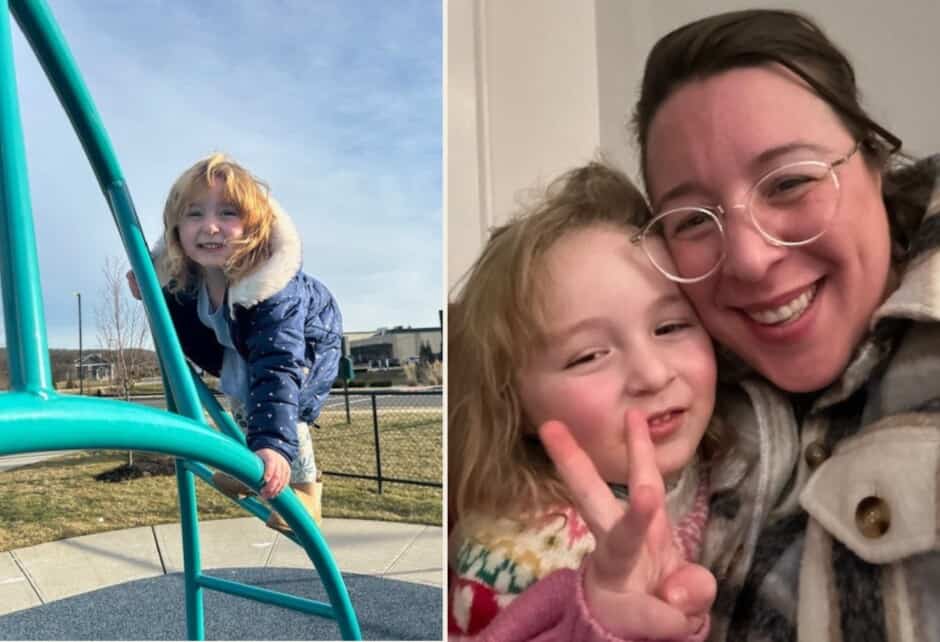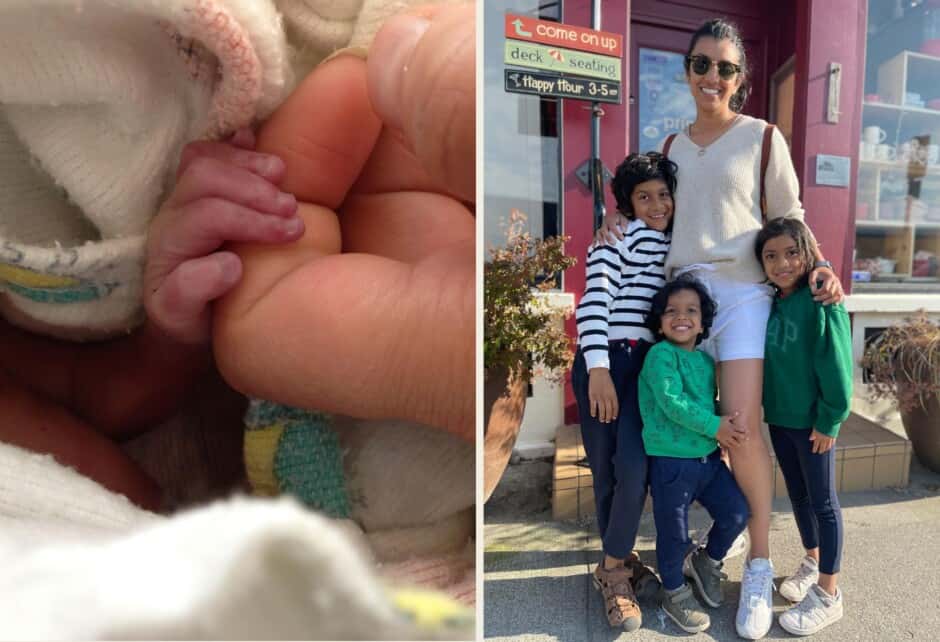
Mom Talk: Growing up as an Outsider While Navigating as an Insider
Written by Maria Twena
Photography by Photos Courtesy of Maria Twena
With Hispanic Heritage Month in full swing (September 15 through October 15), today’s Mom Talk is right on time. The author is marketing executive Maria Twena, also a newly minted children’s book author whose first title, School Crossing, depicts the life of MariVi, a young immigrant who is navigating two cultures at once. The story is inspired by Maria’s own life as a first-generation Cuban/Spanish-American. Below, she describes being both an outsider and an insider, a feeling many readers can likely relate to.
I grew up in New Orleans in the ‘60s and ‘70s. I was the first American-born child of recent Cuban/Spanish immigrants (and by recent, I mean two weeks in). I was born in Miami during my parents’ exodus, then we moved to New Orleans when I was a couple of weeks old. I was the bridge that united the old world and the new world. The first Americanita in the family—which was always said in such a way that I wasn’t sure if it was a positive or a negative. I guess when you are the embodiment of the exodus, both can be true. I was in the land of hopes and dreams, born of this soil, but conceived in another land, where other esperanzas and sueños had been interrupted and taken away prematurely.
Life at home was great. I was loved and felt safe. We were five siblings living at home with my parents and my grandmother (for many stretches); a typical multi-generational immigrant family. We spoke Spanish at home to our elders, English to the siblings, watched American TV and tried desperately to get my mom to embrace the idea of making chocolate chip cookies instead of flan. Our first trip to Burger King is lodged in my memory bank for eternity—eating American hamburgers and fries and wearing a crown on my head to boot. How could I not remember?
Things started to change as I grew up and entered school. It’s there, and only there, that I first realized how different I was from my fellow classmates. Not just physically, but behaviorally as well. I couldn’t pinpoint what it was outside of language, but I was dissimilar. I had no framework for it and no lexicon to define it.
My parents spoke Spanish to us in public, which was ALWAYS a cause for embarrassment, and it was clear that the American culture was not their first choice. They had been forced to leave their country for political reasons, so I can understand that a lot better now.
My parents and older relatives always emphasized and focused on the family and the Latino community (interdependence), and we were being taught at school to be self-reliant and independent. This clash of cultures was even more challenging, because we, the children, had to play the parental role in many situations. Navigating these uncharted waters and territories called the United States of America as if we were insiders; foreign natives, if you will.
We’d have to translate for our parents, more often than not. Explain to them that “that’s not how it’s done in the U.S.” And remind them: “I am different from you; I was born here.” The latter was always expressed amid tears and screams, never calmly as it is today.
We had to interpret the U.S. ethos (of self-reliance) for them. Guide them through the emotional approval of our first sleepovers, and on how to dress. For some reason jeans were viewed as taboo and unbecoming. It took many, many years and battles to get my mother to approve of our wearing jeans. They were too “American.” We also had to explain that at a first introduction, shaking hands was enough. No need to hug, much less kiss someone’s cheek! Latinos have very short social bubbles (the unspoken distance created from one individual to another, whereby one feels comfortable and not threatened). And we needed to communicate that Christmas is celebrated in the U.S., not Three Kings Day (the Feast of the Epiphany). We would help inform purchases that were difficult to understand, and any fine print that needed deciphering. And the reality is, we still do that today. But now, it’s more for medical reasons or technological ones.
Becoming our parent’s Sherpa is a role that most bicultural progenies play. It is both an incredible blessing and an unwavering responsibility (happily executed, considering the sacrifices that they made on our behalf). It’s also an emotional challenge. We are navigating a terrain that though native to us, is still foreign in so many ways because we have no previous history here. No oral tradition or memories passed down from one generation to the next where time on this soil was shared. No holiday lore or annual tradition; they all need to be created. We need to learn to navigate two languages and two cultures simultaneously, belonging to none fully, yet traversing our American one as if we did.
Are you a mother with something to say? Send us an email to be considered for our “Mom Talk” column.
Share this story



